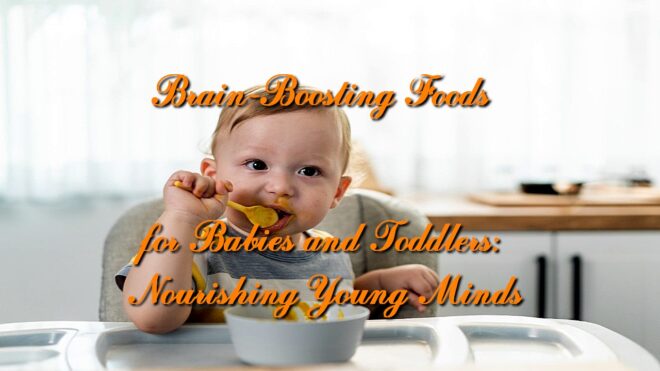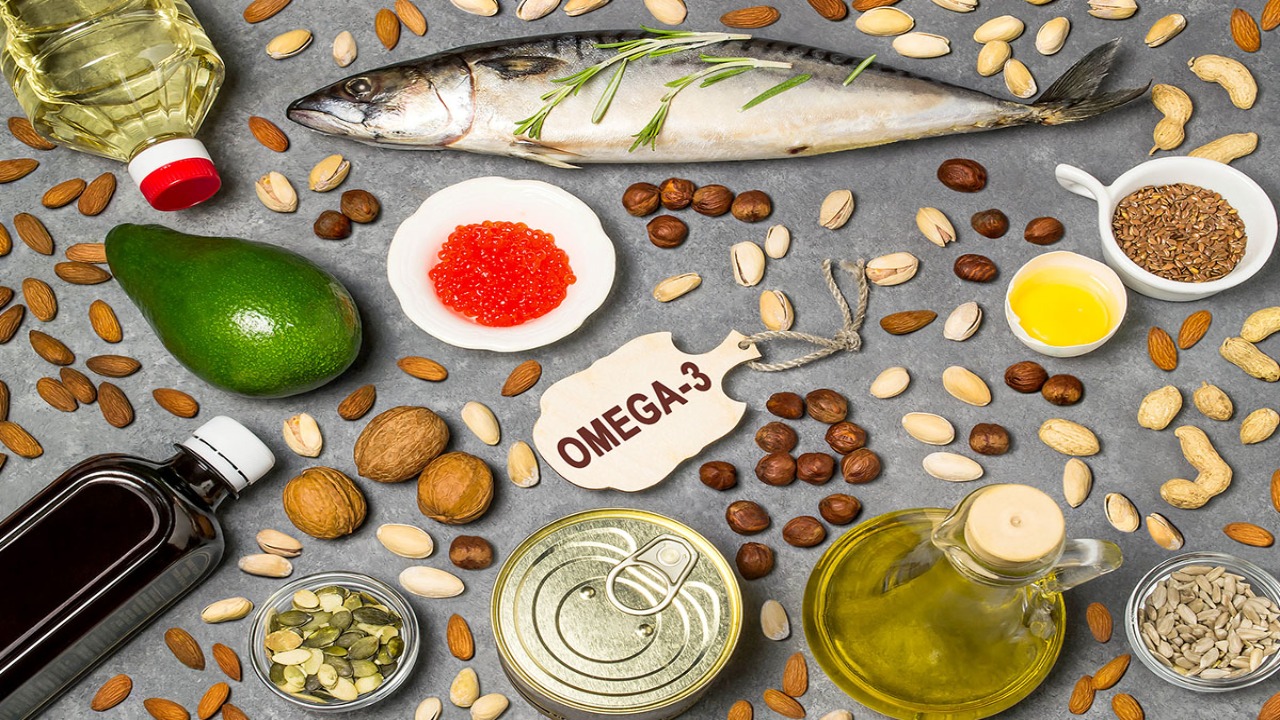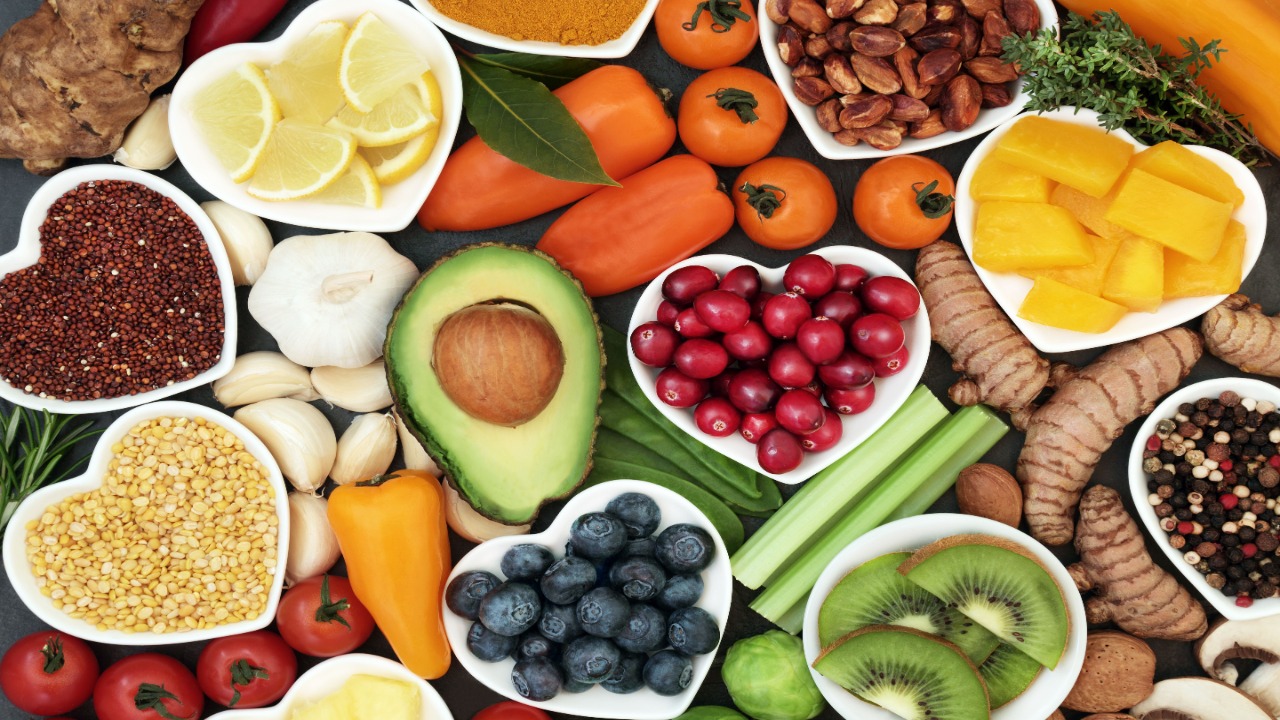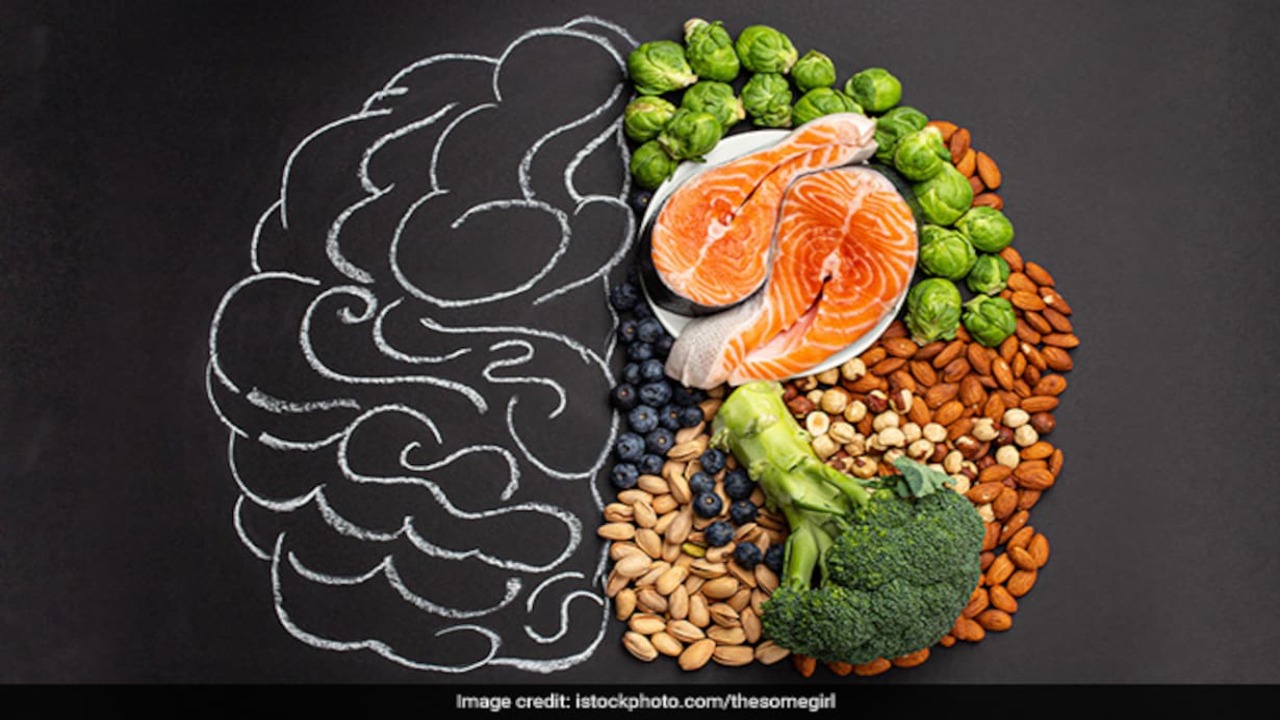
As parents, fostering the healthy development of our little ones is a top priority. One crucial aspect of early childhood nutrition is providing brain-boosting foods and supplements like https://longevitybox.co.uk/products/glynac-supplement-uk-nac-glycine that support cognitive growth and overall well-being. In this guide, we’ll explore a variety of nutrient-rich options to nourish the minds of babies and toddlers.
Omega-3 Fatty Acids: Building Blocks for Brain Development

Omega-3 fatty acids are essential for brain development, particularly DHA (docosahexaenoic acid). These healthy fats play a vital role in forming the structure of the brain and are crucial during the early stages of life. Fatty fish such as salmon and mackerel are excellent sources of DHA. For babies and toddlers, pureed fish or fish-based baby food can be introduced gradually to their diet.
Choline: A Nutrient for Cognitive Function
Choline is a nutrient that contributes to the production of acetylcholine, a neurotransmitter important for memory and cognitive function. Eggs are a fantastic source of choline, and incorporating them into your child’s diet can support their developing brains. You can introduce finely chopped or scrambled eggs for toddlers, while babies can benefit from pureed or mashed eggs.
Iron: Fueling Brain Cells with Oxygen
Iron is a vital nutrient for carrying oxygen to the brain, promoting optimal cognitive function. Introduce iron-rich foods like lean meats, beans, and fortified cereals to your baby’s diet. For toddlers, creatively incorporating lean meats into meals or offering iron-fortified snacks can ensure they receive an adequate supply of this essential mineral.
Colorful Fruits and Vegetables: Antioxidant Powerhouses

Antioxidants found in colorful fruits and vegetables help protect the brain from oxidative stress and inflammation. Berries, rich in antioxidants like anthocyanins, are particularly beneficial for cognitive health. For babies, consider pureeing berries and incorporating them into homemade baby food. Toddlers can enjoy a variety of fresh berries as a snack or mixed into yogurt.
Whole Grains: Fueling the Brain with Energy
Whole grains provide a steady supply of energy to the brain, supporting concentration and cognitive function. Introduce whole grain options such as oatmeal, quinoa, and whole wheat bread into your baby’s diet as they transition to solid foods. For toddlers, whole-grain snacks like crackers or cereals can be both nutritious and delicious.
Protein: Essential for Neurotransmitter Production
Protein is a crucial building block for the production of neurotransmitters, which facilitate communication between brain cells. Incorporate protein-rich foods such as lean meats, dairy products, and legumes into your child’s diet. For babies, pureed meats or legumes can be introduced gradually. Toddlers can enjoy bite-sized portions of lean meat or dairy as part of their meals.
Healthy Fats: Supporting Cognitive Function

In addition to omega-3 fatty acids, healthy fats like avocados and nut kinds of butter provide essential nutrients for brain health. Avocado can be mashed and served as a spread, while nut butter can be introduced in small quantities for toddlers. These fats contribute to the development of the nervous system and help maintain optimal cognitive function.
Nurturing Young Minds with Nutrient-Rich Foods
As your baby grows into a curious toddler, providing a well-rounded and nutrient-dense diet is crucial for their cognitive development. By incorporating brain-boosting foods rich in omega-3 fatty acids, choline, iron, antioxidants, whole grains, protein, and healthy fats, you can lay a solid foundation for a healthy and thriving mind. Experiment with a variety of flavors and textures to make mealtime enjoyable and ensure your child receives the essential nutrients needed for optimal brain function.
